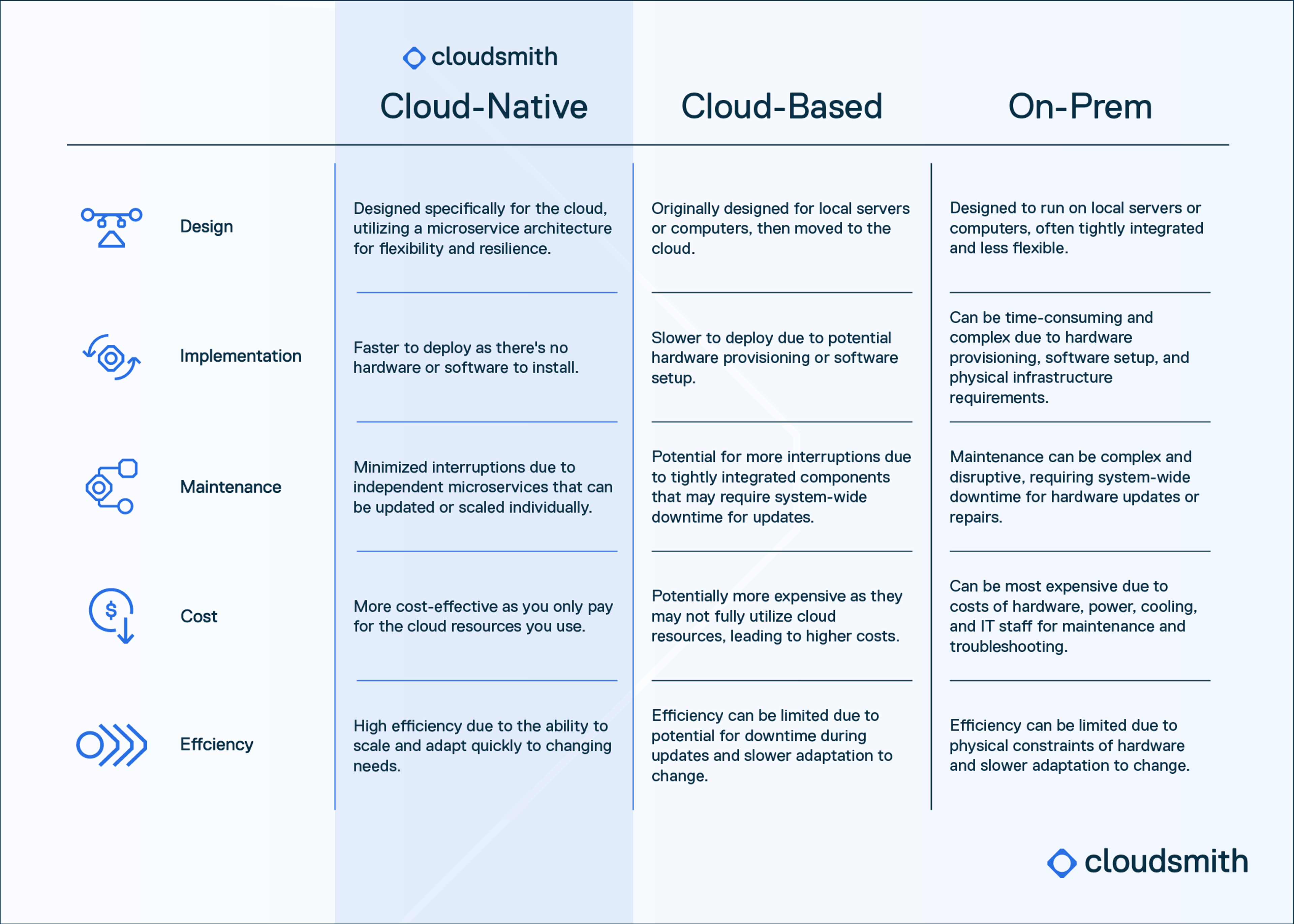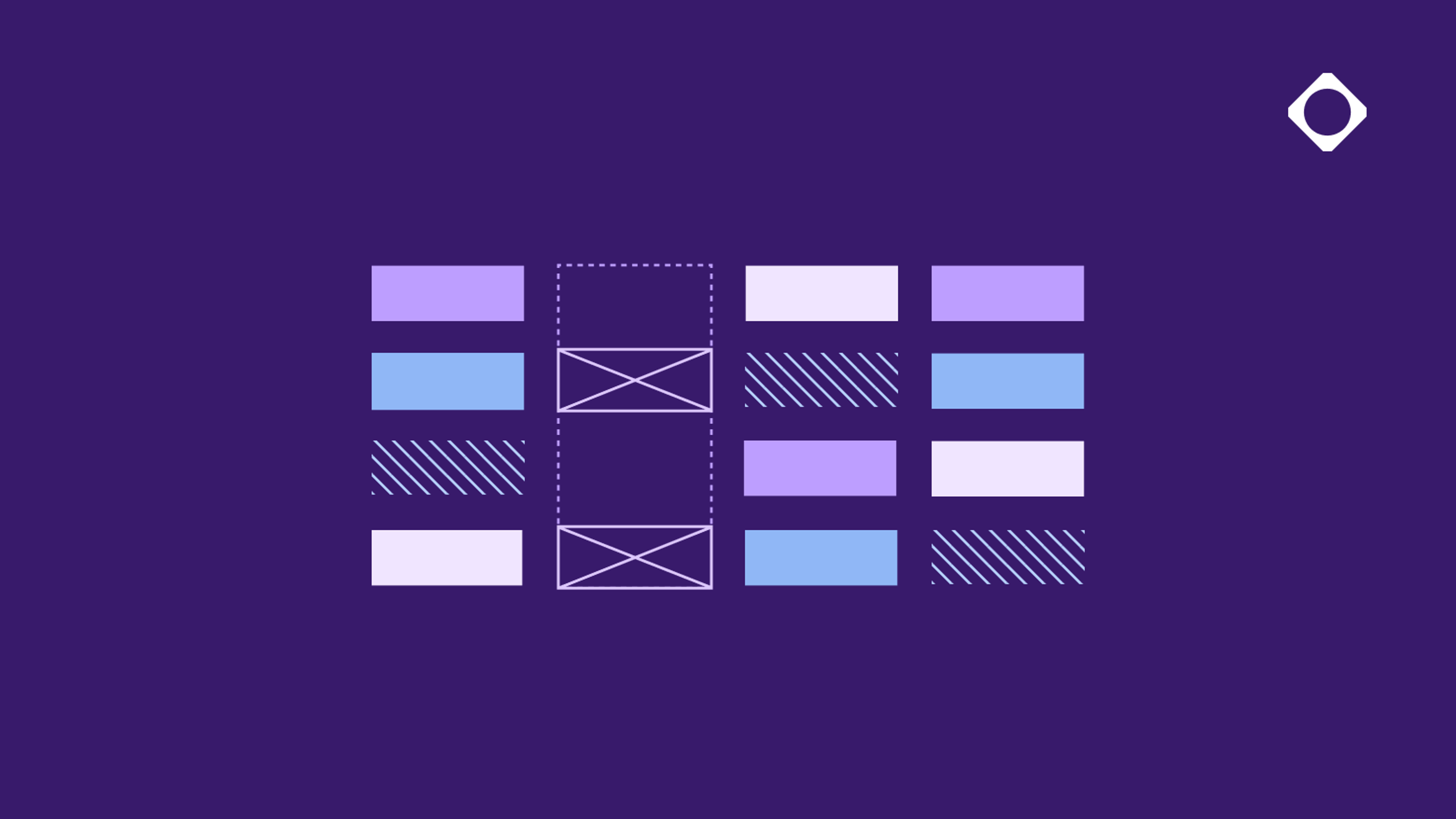
The Essentials of Cloud Package Management

Navigating software development involves managing a myriad of dependencies and software artifacts. These building blocks, ranging from archives and binaries to libraries and tools, form the backbone of your servers, applications, and developers' work. Keeping a handle on all these elements can seem like a Herculean task.
That's where cloud package management comes into play: by leveraging a centralized hub, streamlining the handling of these diverse components can be a game-changer. Think of package management as the conductor of your DevOps orchestra, ensuring everything is in harmony, thereby accelerating the delivery process from source to customer.
Let's take a closer look at what package management is, why it matters, and introduce ourselves. We’re Cloudsmith, a cloud-native artifact management platform, and we’re here to elevate package management to the next level.
What is Package Management?
Package management is an essential process in software development. It's all about organizing and controlling the various software components that are crucial to your servers and applications. For businesses in the SaaS industry, effective package management is a game-changer. It directly influences the efficiency, security, and overall performance of your software applications.
SaaS environments are all about quick deployment and continuous integration. In this context, package management keeps everything in order. It ensures that all software components are neatly organized, regularly updated, and readily available when needed. It's the behind-the-scenes mechanism that keeps your software development process running like clockwork, reducing the time it takes to get from development to customer delivery.
Having a secure platform for package management acts as a critical line of defense when it comes to security, especially concerning open-source packages. While open-source packages offer many advantages, such as flexibility and extensive community support, they can also present security risks if not properly managed. A robust package management system provides the necessary oversight to ensure the packages you're using are secure, up-to-date, and dependable.
The Role of Cloudsmith in Package Management
Cloudsmith is a cloud-native package management solution that serves as a centralized solution for managing and distributing software assets, also known as artifacts. As a universal artifact management and package management platform, Cloudsmith is designed to handle the complexities of package management, providing a single source of truth for your team.
At Cloudsmith, our mission is to provide package management that leverages the best capabilities of the cloud, built specifically around customers who want better software dependencies, better software distribution, and better automation of their DevOps pipelines and platforms. We believe that modern infrastructure and applications require modern tooling, and package management is the quintessential tool for DevOps in the modern era.
Cloud-Native vs. Cloud-Based vs. On-Prem
While many solutions claim to be cloud-ready, not all are created equal:
- Cloud-Native: Built entirely for the cloud, offering elastic scalability, seamless updates, and zero maintenance overhead.
- Cloud-Based: Hosted in the cloud but often repurposed from legacy software, potentially lacking modern DevOps compatibility.
- On-Prem: Hosted in your own infrastructure, often requiring heavy maintenance and limiting scalability and access.
Cloudsmith is cloud-native by design—built to scale globally and integrate natively with modern CI/CD workflows.

Benefits of using Cloudsmith for Package Management
From control and visibility to security and speed, Cloudsmith is designed to address the various challenges of cloud package management, providing a comprehensive solution that meets the needs of modern DevOps practices.
- Control: Cloudsmith provides well-defined controls, such as Role-Based Access Controls, for managing packages. This gives you the ability to lock down who can do what, where, and when, providing you with a greater level of control over your package management environment.
- Visibility: With Cloudsmith, you get a comprehensive view of all your packages, regardless of type or source. This allows you to see and discover all there is to know about the packages you use, providing you with greater visibility and transparency.
- Universality: Cloudsmith supports a large number of packaging technologies, providing immediate compatibility with all of your tools. This universality means you can use Cloudsmith regardless of the technology stack you're working with.
- Security: Cloudsmith is built to be secure by default. From encrypted-in-transit and at-rest data to automated GPG/RSA signing and sane permissions, Cloudsmith provides a secure environment for your software packages.
- Provenance: With Cloudsmith, you can trace the origin of the software that you use. This provides you with the ability to know and prove the origin of your software packages, ensuring their authenticity and integrity.
- Auditability: Cloudsmith provides access logs, metrics, and statistics, providing accountability for uploads and downloads in the system. This ensures that the right people are accessing the right things in the right way.
- Speed: Cloudsmith provides ultra-fast and worldwide distribution for packages, ensuring that your packages get to where they need to go at high velocity.
- Isolation: Cloudsmith provides an additional layer in front of public services to ensure you can still get your packages when the public service is down. This ensures that your work can continue uninterrupted, even when public services are down.
- Collaboration: Cloudsmith allows you to synchronize workflow and process with colleagues, other teams, and outside collaborators. This fosters a sense of community and collaboration within your team.
- Total Cost of Ownership: Cloudsmith is more cost-effective than planning, coding, maintaining, and worrying about package management yourself. This allows you to focus on building and deploying your products, while we handle the complexities of package management.
Conclusion
Package management is no longer a luxury—it's a necessity. As software delivery becomes faster and more complex, having a secure, scalable, and cloud-native package management solution is essential. It's the linchpin that holds your DevOps processes together, ensuring efficiency, security, and seamless software distribution.
Cloudsmith understands this and offers a comprehensive, cloud-native solution that addresses the complexities of package management. With Cloudsmith, you gain control, visibility, security, and much more, all in one platform.
Ready to streamline your software delivery?
For more detailed information on package management, check out this detailed blog!
Frequently Asked Questions (FAQs)
- Why is cloud package management important for DevOps teams?
Cloud package management enables DevOps teams to securely distribute, manage, and access software artifacts from anywhere. It supports automation, enhances CI/CD workflows, and ensures fast, reliable software delivery with minimal downtime. - How does Cloudsmith differ from traditional package management tools?
Cloudsmith is a cloud-native universal package management platform that supports multiple formats (npm, Docker, Python, Maven, etc.), offers global distribution, built-in security, and complete visibility—unlike legacy or on-prem tools, which often lack scalability and integration flexibility. - Is package management software secure?
Yes, modern package management software like Cloudsmith includes strong security features such as encryption, package signing, role-based access controls (RBAC), and audit logs to ensure secure, compliant software distribution. - Can I use Cloudsmith to manage private and public packages? Absolutely. Cloudsmith allows you to host both private and public repositories, giving you full control over who can access and publish your packages, and providing a secure gateway for sharing software internally or externally.
- How does package provenance help in software supply chain security?
Package provenance allows you to trace the origin and integrity of each package. This ensures you're using trusted, verified components and helps prevent supply chain attacks from malicious or compromised packages. - Can Cloudsmith integrate with CI/CD tools?
Yes. Cloudsmith integrates seamlessly with popular CI/CD tools like GitHub Actions, GitLab CI, Jenkins, CircleCI, and more—allowing you to automate package publishing, promotion, and deployment as part of your continuous delivery pipeline.
More articles


Why cloud migrations are the best time to re-evaluate your artifact management

AI artifacts: The new software supply chain blind spot

Access control & permissions for multi-format repositories

The true cost of legacy artifact management

The Hybrid Repository Structure: Balancing Control and Flexibility
By submitting this form, you agree to our privacy policy
